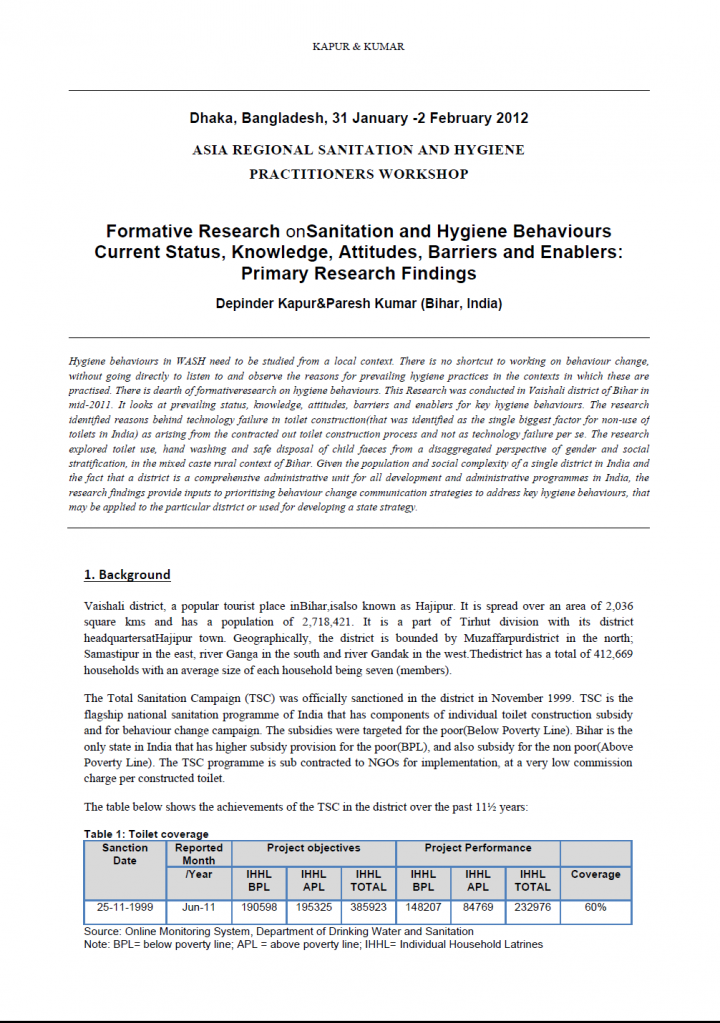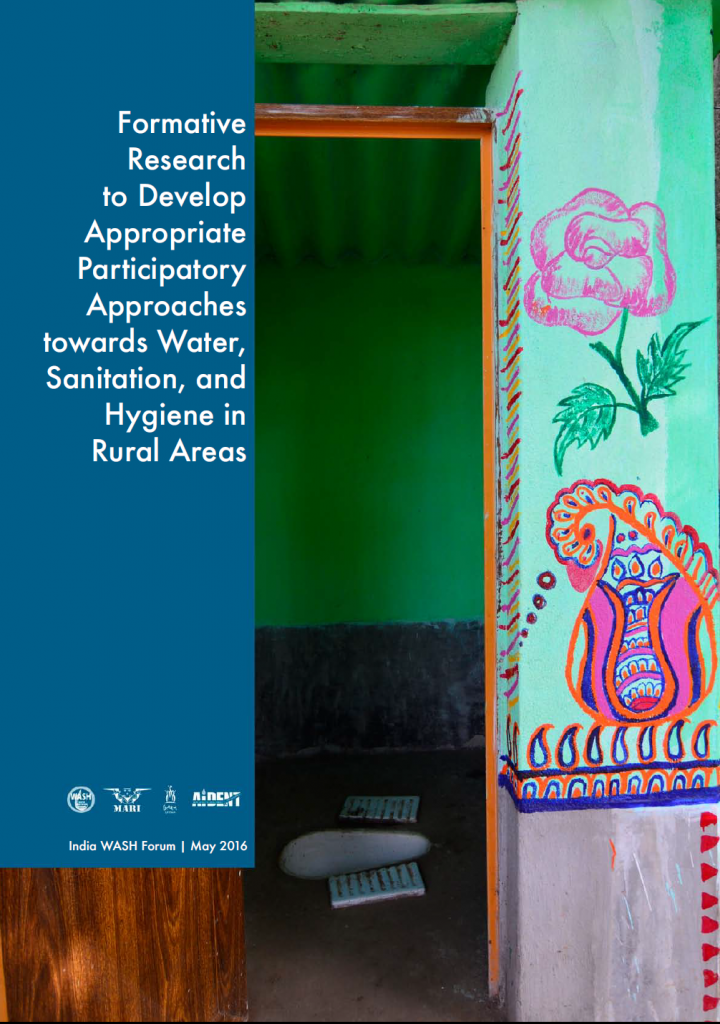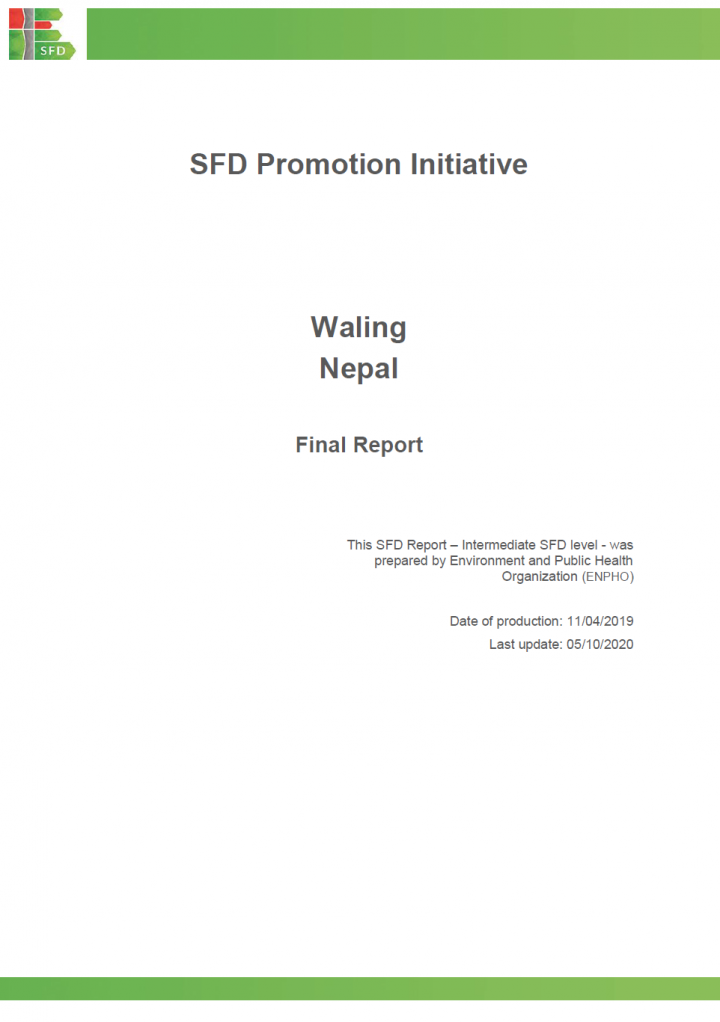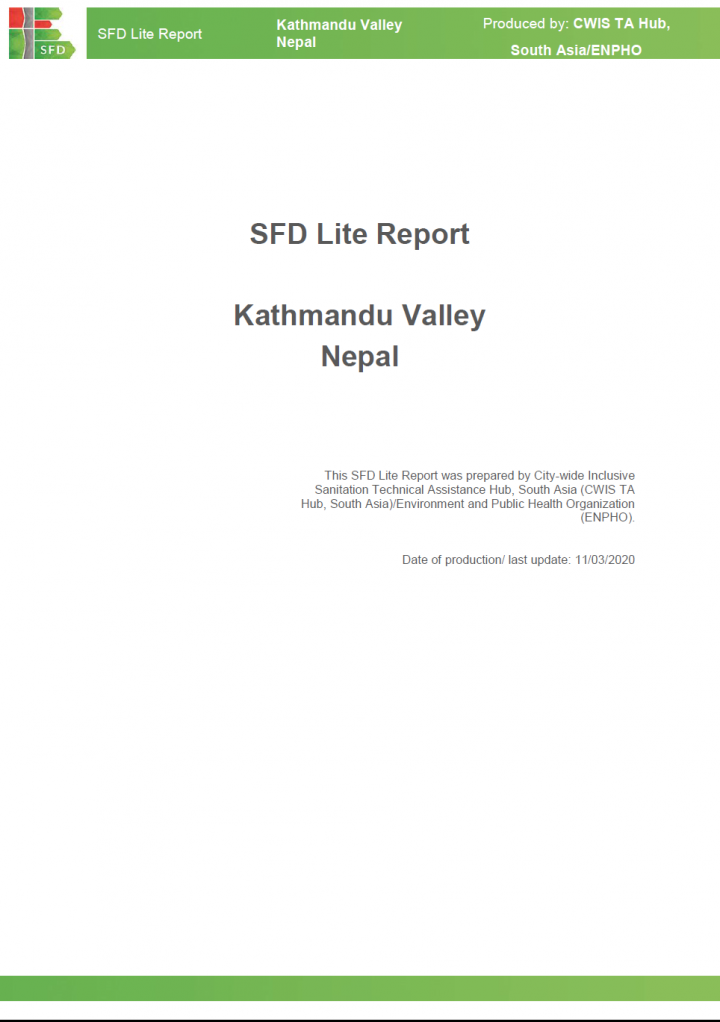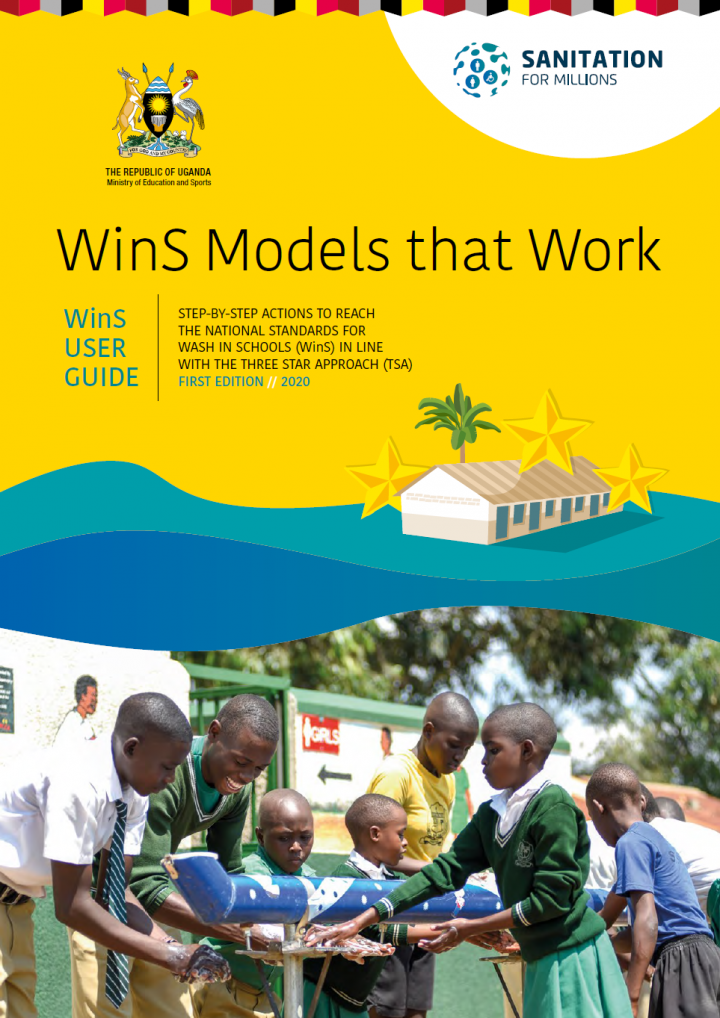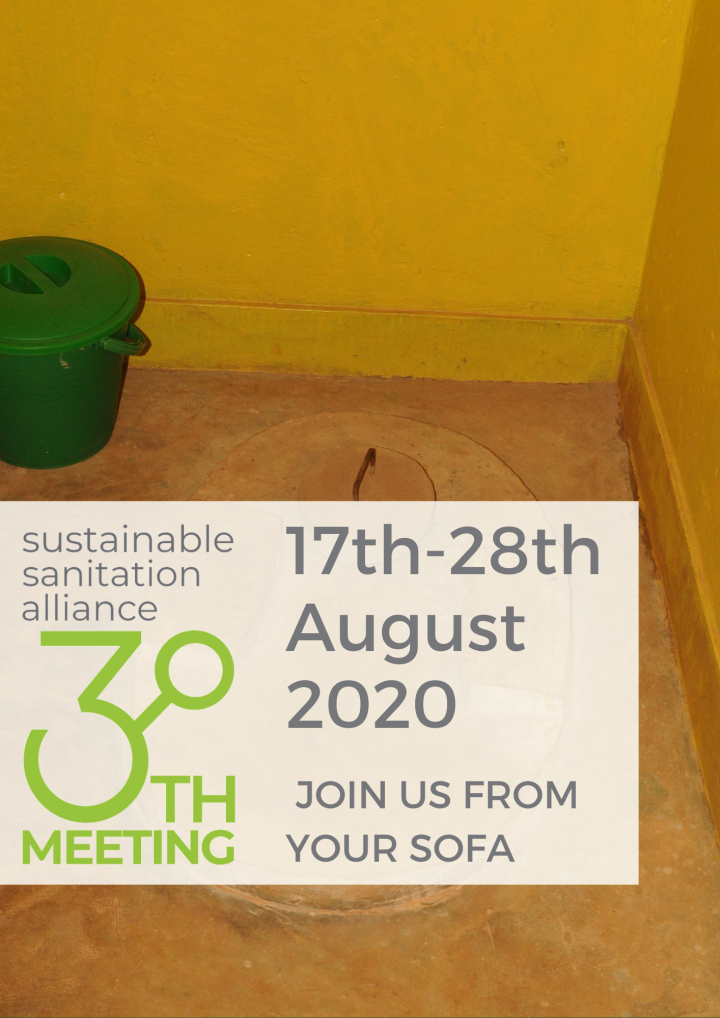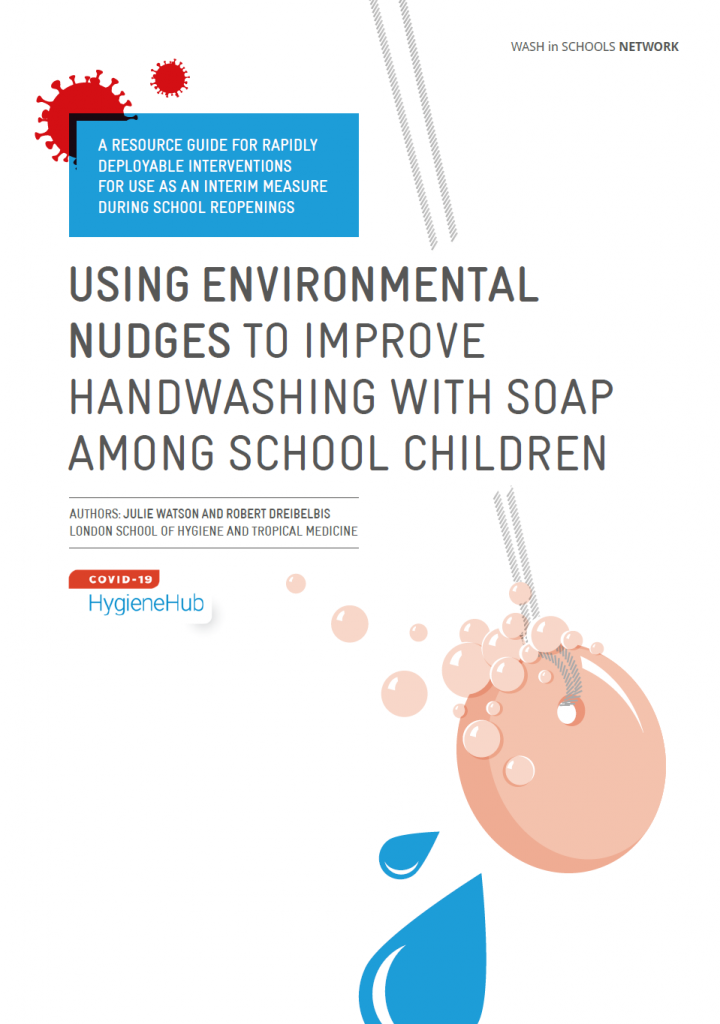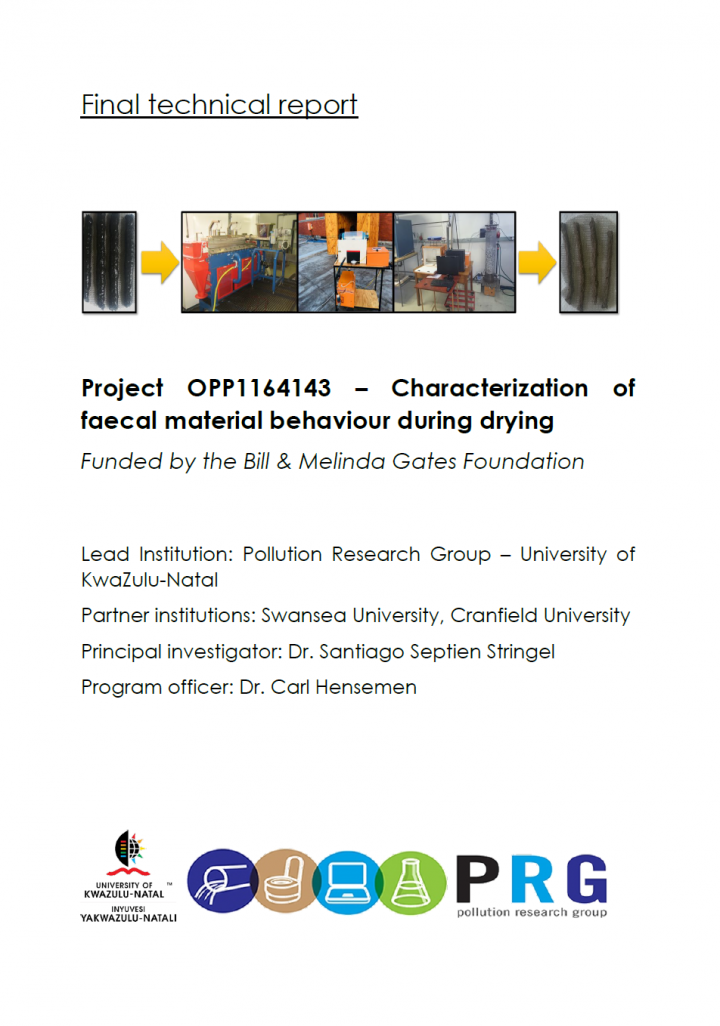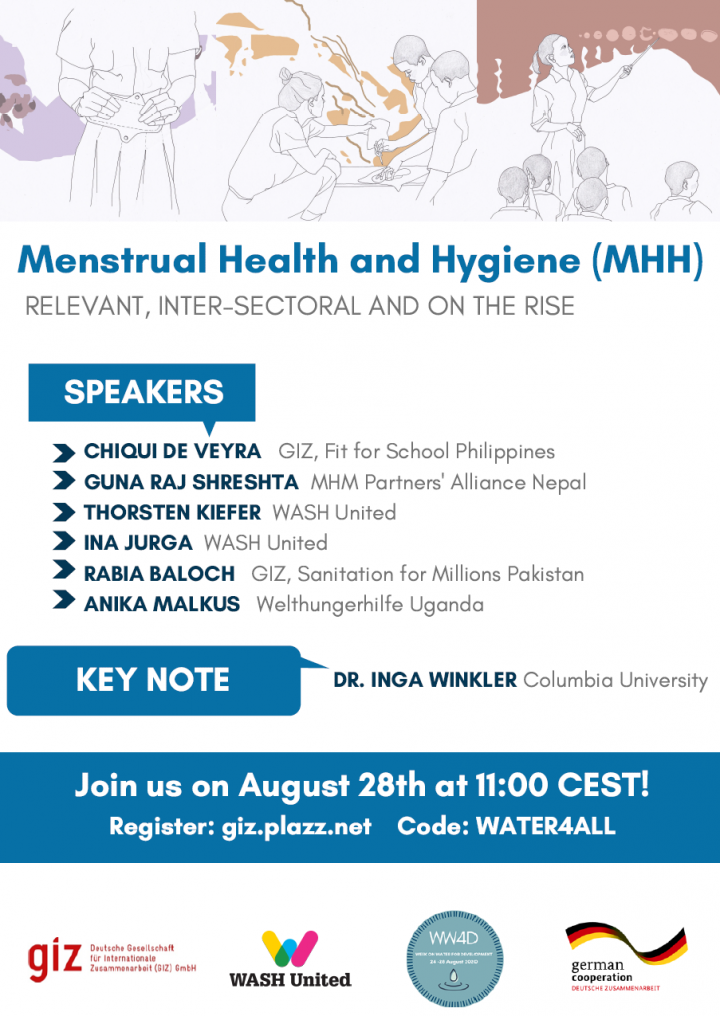Kapur, D. & Kumar, P. (2012) Formative Research on Sanitation and Hygiene Behaviours Current Status, Knowledge, Attitudes, Barriers and Enablers: Primary Research Findings
Hygiene behaviours in WASH need to be studied from a local context. There is no shortcut to working on behaviour change, without going directly to listen to and observe the reasons for prevailing hygiene practices in the contexts in which these are practised. There is dearth of formativeresearch on hygiene behaviours.
Kapur, D.; Ramisetty, M. & Barot, N. (2016) Formative Research to Develop Appropriate Participatory Approaches towards Water, Sanitation, and Hygiene in Rural Areas
India faces the twin challenges of having the most number of people in the world defecating in the open and also for the burgeoning crisis of untreated fecal waste that is contaminating our surface and ground water creating an imminent health crisis. The latest Swachhta Stats Report1 shows an encouraging 45% rural sanitation coverage by mid 2015 as against the 31% coverage in 2010 Census. […]
Baker, E., McNamara, L., Mackay, B., and Vincent, K. (2020) How to contribute climate change information to Wikipedia A guide for researchers, practitioners and communicators
This publication shares guidance and tips on how to edit Wikipedia. It is intended for researchers, practitioners, communicators and any others with access to climate change information who would like to share it more widely with the world. Wikipedia is a powerful platform to make climate change information accessible to all. However, people working in the climate change field often overlook Wikipedia as an outreach channel. […]
Shrestha, J., Bajracharya, B. (2020) SFD Report - Waling, Nepal
Waling municipality, established in 2053 BS (1997 AD), lies in Syangja district within Gandaki Province of Nepal. The municipality is located within latitude 28° 3 '2.412'' North to 27° 55' 26.58'' North and longitude 83° 41' 36.852'' East to 83° 50' 18.456'' East. This SFD Report was produced on 11/04/2019 and last updated on 05/10/2020.
Bharti, A., Mankotia, R. (2020) SFD Lite Report - Lakhimpur, India
Lakhimpur Kheri is the largest district in Uttar Pradesh, India, on the border with Nepal. Its administrative capital is the city of Lakhimpur. Lakhimpur Kheri district is a part of Lucknow division, with a total area of 7,680 km2 (2,970 sq. mi) out of which 10.10 km2 is the Lakhimpur Nagar Palika. This SFD Report was produced and last updated on 16/09/2020.
Shrestha, J., Bajracharya, B., Nhemaphuki, S. (2020) SFD Report - Lahan, Nepal
Lahan municipality is located in Siraha district of province number 2, Nepal. The municipality is divided into 24 wards. The municipality is home to 91,766 people as per census 2011. The population growth rate was 1.16% per year from 2001 to 2011. This SFD Report was produced on 09/06/2020 and last updated on 30 /09/2020.
Angdembe, A. (2020) SFD Lite Report - Kathmandu Valley, Nepal
Kathmandu valley lies between the latitudes 27˚32’13’’ and 27˚49’10’’ north and longitudes 85˚11’31’’ and 85˚31’38’’ east at a mean elevation about 1,300 metres above sea level. Kathmandu Valley is the most developed and populated place in Nepal. The majority of offices and headquarters are located in the valley, making it the economic hub of Nepal. The SFD was produced / updated on 11/03/2020.
Pizzacalla, K. & Nantume, G. (2020) Sanitation For Millions - WinS Models that Work Step-by-Step Actions to reach the National Standards for WASH in Schools (WinS) in Line with the Three Star Approach (TSA)
The Ministry of Education and Sports recognizes that Water, Sanitation and Hygiene (WASH) programs in schools (WinS) are a key priority area and that improved hygiene practices and a clean school environment are contributory factors to ensuring that learners can enjoy an acceptable standard of health. The need for a clean school environment is highlighted in the 2016 School WASH mapping report. The report pointed […]
Nuwagaba, F.; Köberlein, M.; Mass, P.; Semiyaga, S. & Madrid, F. (2020) Sanitation For Millions - WASHaLOT 3.0 An innovative handwashing technology in Uganda
UNICEF/WHO reports that 1.7 million children die annually of diarrhea and pneumonia. Handwashing with soap under running water can prevent the majority of infectious diseases, such as COVID-19, influenza, cold, cholera, dysentery, and contagious eye disease. Several studies have reported reduced incidences of pneumonia and diarrheal diseases by over 40% to 50% through handwashing. However, many people in Uganda, like in other low- and middle-income […]
SFD PI (2020) SFD Manual (in Portugese and Spanish)
An excreta flow diagram (also often described as shit flow diagram, SFD) presents a clear picture of the outcome arising from wastewater and faecal sludge management practices and services in a city or town. This is expressed in terms of the percentage of the population. An accompanying report describes the service delivery context of the city or town.
SuSanA Latinoamerica (2020) Estudio de caso de proyectos de saneamiento sostenible Servicio integral de recolección y tratamiento de lodos fecales en la Municipalidad de Alajuela, Costa Rica (in English, Portugese and Spanish)
La iniciativa tiene como objetivo ampliar el servicio tradicional de alcantarillado sanitario, a un concepto integral de recolección y tratamiento de aguas residuales. Para las viviendas ubicadas en las zonas donde existe alcantarillado sanitario la recolección se seguirá haciendo mediante este sistema; mientras tanto, para las viviendas ubicadas fuera de las zonas de cobertura y que cuentan con un sistema individual para tratamiento de aguas […]
SuSanA Latinoamerica (2020) Estudio de caso de proyectos de saneamiento sostenible Servicio de manejo de aguas residuales por Corsan mediante la recogida programada de lodos fecales en Rio Grande do Sul, Brasil (in English, Portugese and Spanish)
Permitir, a través de la regulación y la complementación de las actividades del proveedor de servicios, un servicio de alcantarillado adecuado en áreas rurales y urbanas menos densamente pobladas, sin una red de recolección
SuSanA Latinoamerica (2020) Estudio de Caso de Proyectos de Saneamiento Sostenible Manejo de lodos fecales domiciliares en Santa Cruz de la Sierra, Bolivia (Español, Portugués & English)
El proyecto tiene como objetivo mejorar la gestión de los lodos fecales domiciliarios en las zonas periurbanas de la ciudad de Santa Cruz en la cadena de valor del servicio de limpieza y recolección de lodos fecales domiciliarios en sus eslabones de generación, recolección, transporte y tratamiento,así como facilitar la regulación de los servicios de limpieza, transporte y disposición segura de los lodos recolectados.
SuSanA (2020) 30th SuSanA Meeting Presentations, Recordings and further Resources
The 30th SuSanA meeting - the first virtual of its kind - took place from August 17th to August 28th 2020. It was organised by the SuSana Secretariat with support and contributions from SuSanA Partners, Members, Working Groups and Regional Chapters. This entry is the collection point of the different resources from the SuSanA Meeting, including recordings, presentations, flyers and program overview. We once again […]
WASH in Schools Network (2020) Using Environmental Nudges to improve Handwashing with Soap among School Children A Resource Guide for rapidly deployable Interventions for use as an interim Measure during School Reopenings
This resource guide by Watson, J. & Drebelbis, R. provides an overview of the science behind nudge-based handwashing interventions and the evidence supporting the use of environmental nudges for handwashing in schools in low-resource settings. Resources and tools for planning and implementing nudge-based interventions in schools are also provided.
S. Septien, S. Getahun, T. Onabanjo, I. Mabbett, A. Kolios, C.A. Buckley (2020) Characterization of faecal material behaviour during drying
This publication is the final technical report of a project, which was funded by the Bill & Melinda Gates Foundation. The link to the project can be seen below. Drying is a relevant unit operation during faecal sludge and fresh faeces treatment. It allows the removal of moisture from the faecal matter and its disinfection, so making it safer to handle, easier to transport and a […]
Nitya Jacob (2020) Synthesis Document: Liquid Waste Management in SBM II
The Department of Drinking Water and Sanitation (DDWS) under the Ministry of Jal Shakti, Government of India, recently brought out the strategy and guidelines for SBM Phase II, 2020-21 to 2024-25 to consolidate gains made in SBM Phase I. While the goal in the first phase was eliminating open defecation by constructing toilets, the goals in the second phase are much more ambitious. The outlay […]
Chambers, R.; Myers, J.; Vernon, N. (2020) Rapid Action Learning for Sanitation and Hygiene Programming
In October 2019, a group of leading organisations in the sanitation and hygiene (S&H) sector – Plan International, SNV, UNICEF, WaterAid, the World Bank and World Water Supply and Sanitation Collaborative Council (WSSCC) – published a call to action.1 This stressed renewing commitment and stepping up ambitions and investments to rural S&H and called for evidence-based and adaptive implementation.
Srinivasan, S. (2018) Engaging the Private Sector in Urban Sanitation Services A Review of South Asian Cities
In August 2017, the Bill & Melinda Gates Foundation commissioned a rapid review of the South Asia regional portfolio of BMGF/DFID comprising of city projects working on various aspects of public-private partnerships in the delivery of urban sanitation services.
Various Authors (2020) Session Summary: Menstrual Health and Hygiene (MHH) - Relevant, Inter-sectoral and on the Rise Session hosted in the course of the 30th SuSanA Meeting and Week on Water for Development 2020
MHH contributes to gender equality, better education and employment, and the realization of sexual and reproductive health and rights. In this session progress and success stories of MHH globally and within the German Development Cooperation were presented and opportunities for sustaining and scaling the momentum were discussed. The menstrual movement has made progress in the recent years, with the WASH sector providing an entry point. German […]
